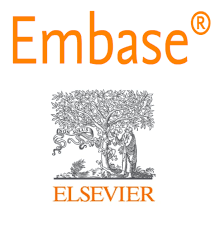Complementary Feeding Practices Among Mothers of Children Aged 6 Months to 2 Years in a Tertiary Care Centre
Keywords:
Complementary Feeding Practices, Infant Nutrition, Maternal Knowledge, Dietary Diversity, WHO GuidelinesAbstract
Background: Complementary feeding is a crucial phase in an infant’s
development, bridging exclusive breastfeeding and the introduction of
solid or semi-solid foods. Inappropriate feeding practices during this
window can lead to malnutrition and long-term developmental issues,
especially in low-resource settings. Objective: To assess
complementary feeding practices among mothers of children aged 6
months to 2 years attending a tertiary care center and identify the
socio-demographic factors influencing adherence to WHOrecommended feeding guidelines. Methods: A cross-sectional study
was conducted over six months (January–June 2024) among 400
mothers attending the pediatric outpatient department of a tertiary care
hospital. Data on feeding initiation, meal frequency, dietary diversity,
maternal knowledge, and attitudes were collected via structured
interviews using a WHO-based questionnaire. Statistical analysis was
performed using SPSS version 25. Results: Only a minority of
mothers initiated complementary feeding at the recommended age of 6
months. Significant gaps were observed in meal frequency and dietary
diversity. Higher maternal education and access to healthcare
information were positively associated with better feeding practices (p
< 0.05). Cultural beliefs and economic constraints were key barriers
identified. Conclusion: The study reveals suboptimal complementary
feeding practices among a significant proportion of mothers, driven
largely by educational and socioeconomic factors. Targeted
interventions, including maternal education and counseling at
healthcare facilities, are essential to improve infant nutrition outcomes.
.png)









